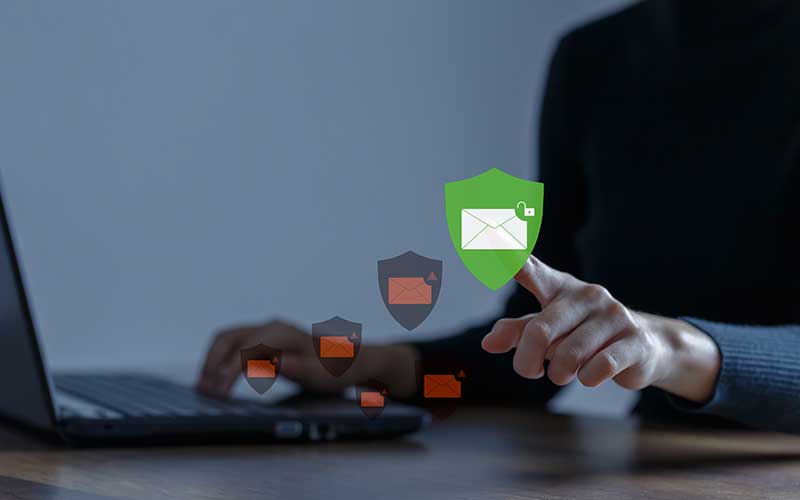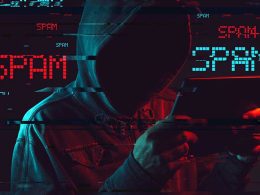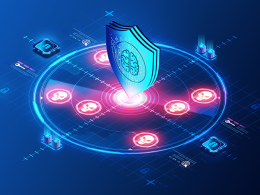Spam and phishing are two of the most common cyber threats that small businesses face. Spam is unsolicited email, while phishing is a type of email scam that attempts to trick recipients into revealing personal or financial information.
Spam can be a nuisance, but it can also be dangerous. If you click on a link in a spam email, you could be taken to a malicious website that could infect your computer with malware. Malware can steal your personal information, such as your passwords, credit card numbers, or Social Security number. It can also damage your computer or even take it over.
Phishing is a more serious threat than spam. Phishing emails are often designed to look like they come from a legitimate source, such as your bank or credit card company. The emails may ask you to update your account information or click on a link to verify your account. If you fall for a phishing scam, you could give the scammers access to your personal information or your bank account.
In recent years, spam and phishing have become increasingly sophisticated. Scammers are using more advanced techniques to trick people into clicking on malicious links or giving out their personal information. As a result, it can be difficult to distinguish a real email from a phishing email.
Here are some tips to help protect your business from spam and phishing:
- Be careful on the links you click on. If you receive an email from an unknown sender, don’t click on any links in the email. Even if the email looks like it comes from a legitimate source, it could be a phishing scam.
- Don’t give out your personal information. Never give out your personal information, such as your passwords, credit card numbers, or Social Security number, in response to an email. If you need to update your account information, go directly to the website of the company that you’re doing business with.
- Use strong passwords. Your passwords should be at least 12 characters long and include a mix of upper and lowercase letters, numbers, and symbols.
- Keep your software up to date. Software updates often include security patches that can help protect your computer from malware.
- Educate your employees on how to spot and avoid spam and phishing emails. Your employees are the first line of defense against spam and phishing attacks. Make sure they know how to spot phishing emails and what to do if they receive one.
By following these tips, you can help protect your business from spam and phishing.
If you are concerned about spam and phishing, Boca Computer can help. We offer the right tools for email security that can help protect your business from these threats. Our solutions are designed to block spam and phishing emails, and to protect your computer from malware.
Contact Boca Computer today to learn more about our email security solutions.









